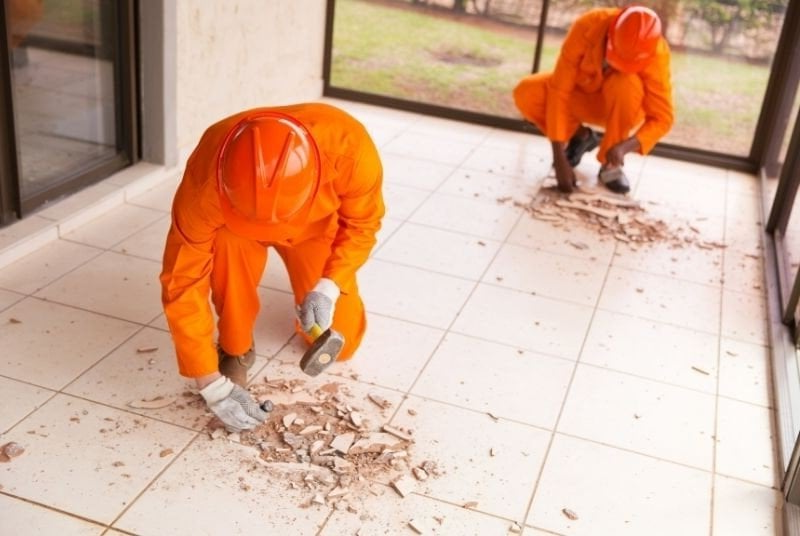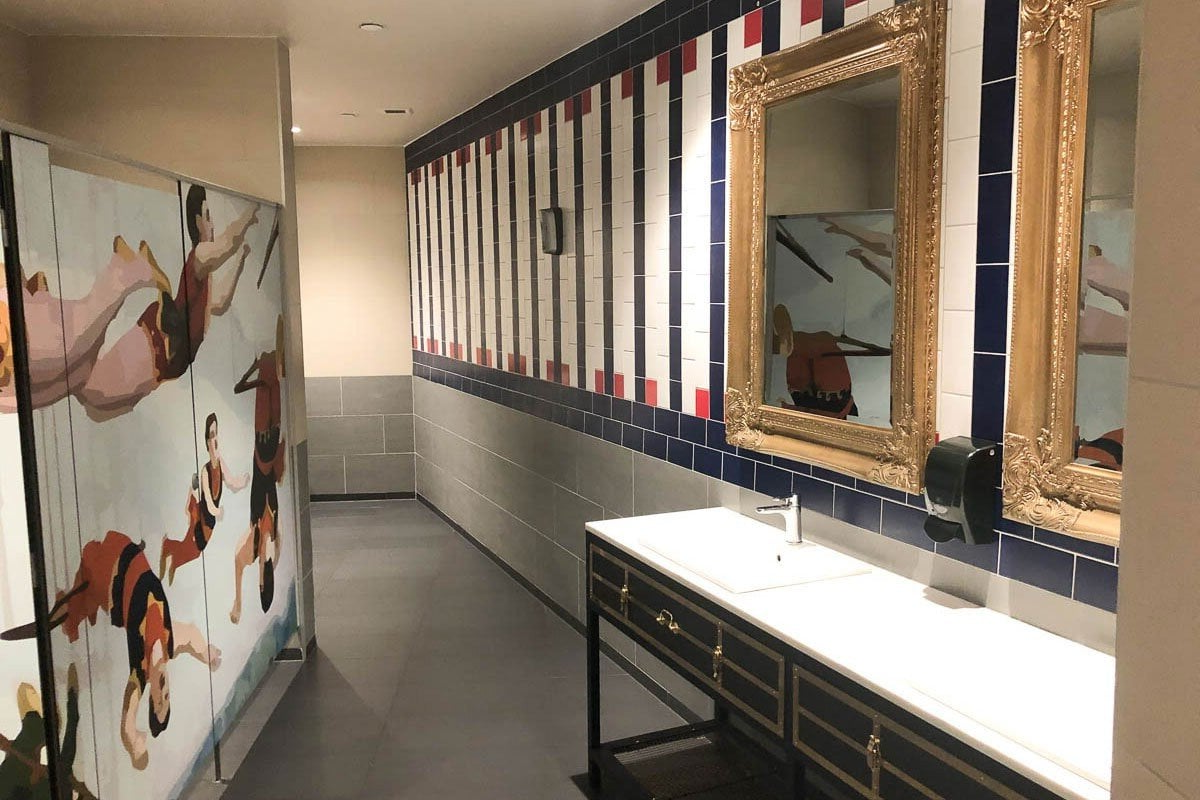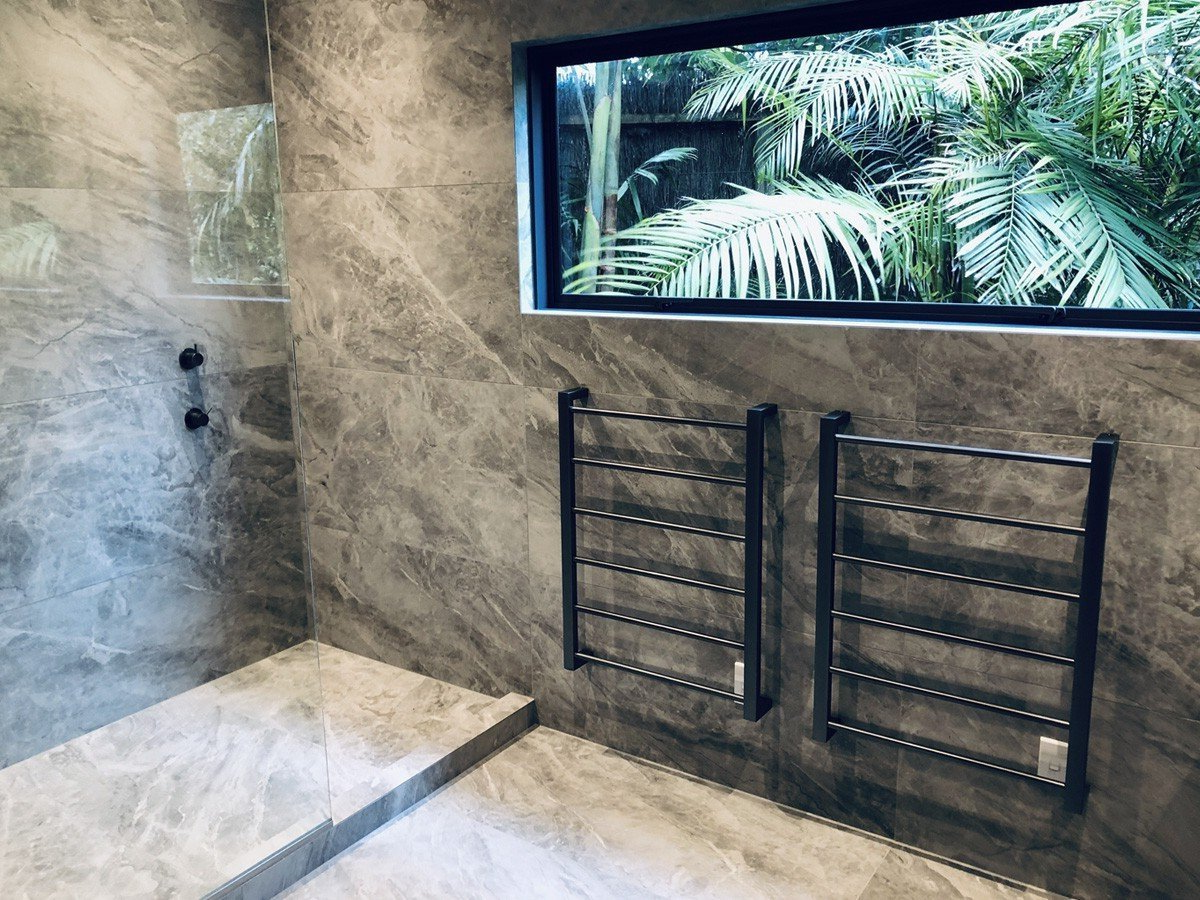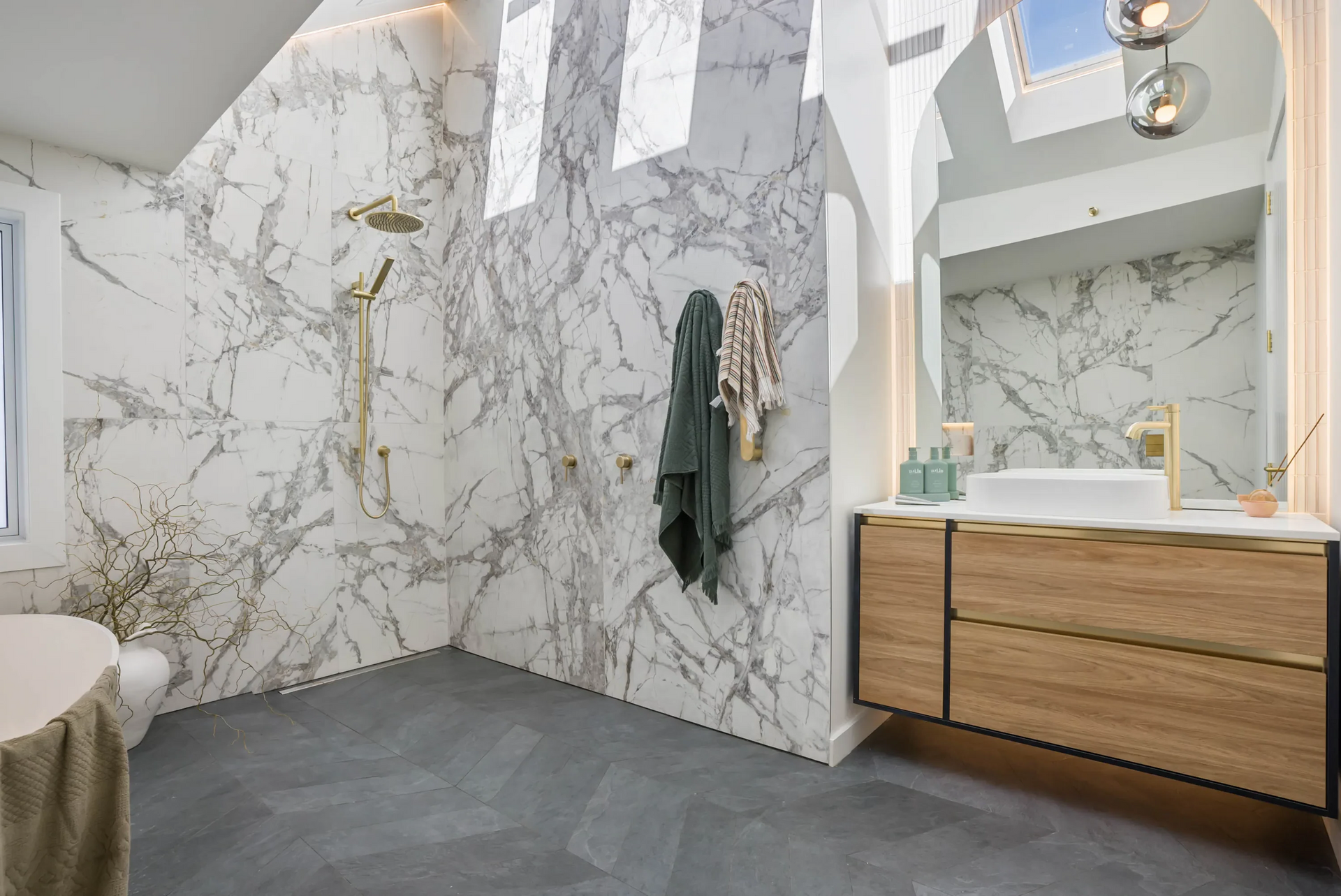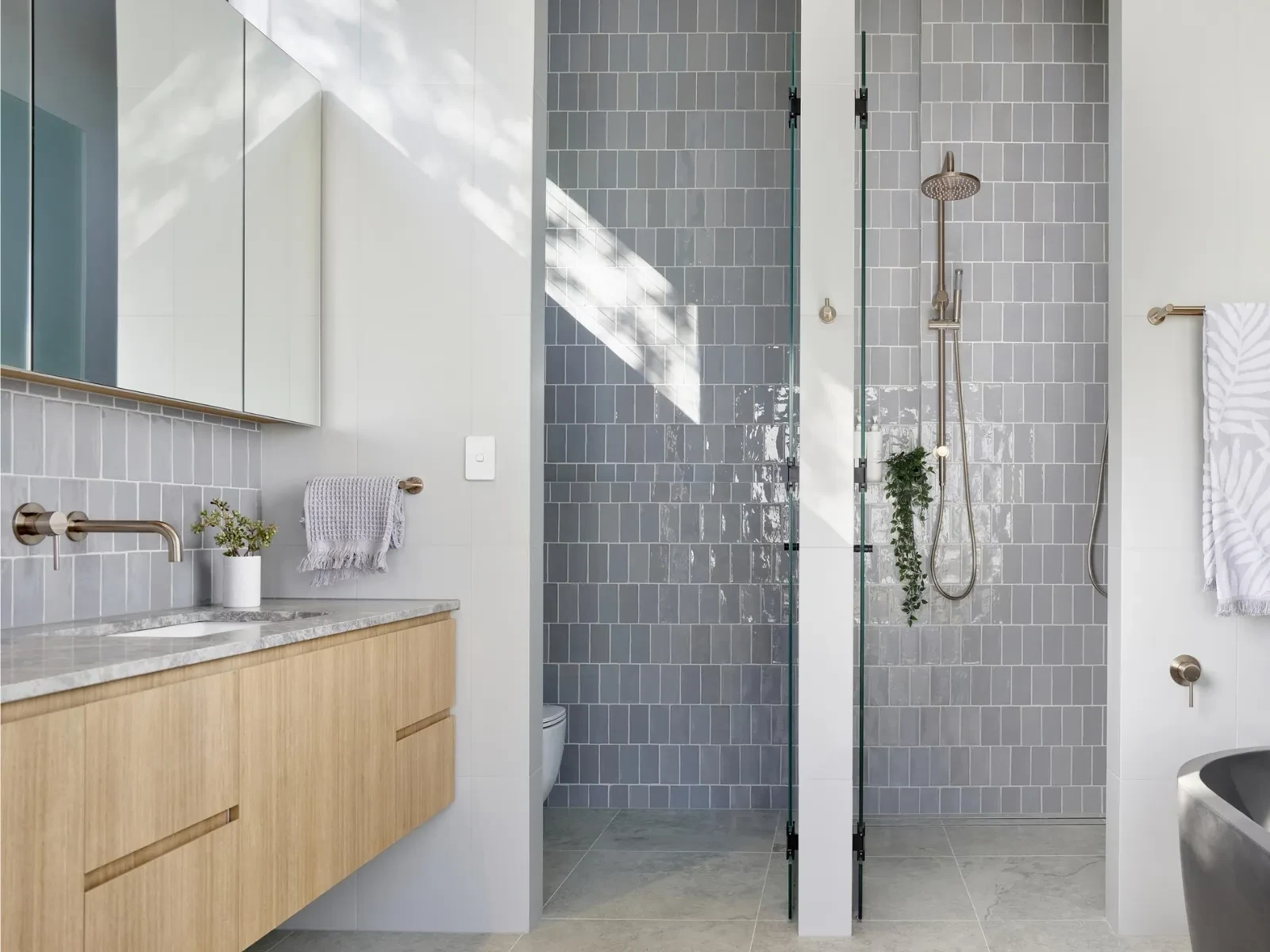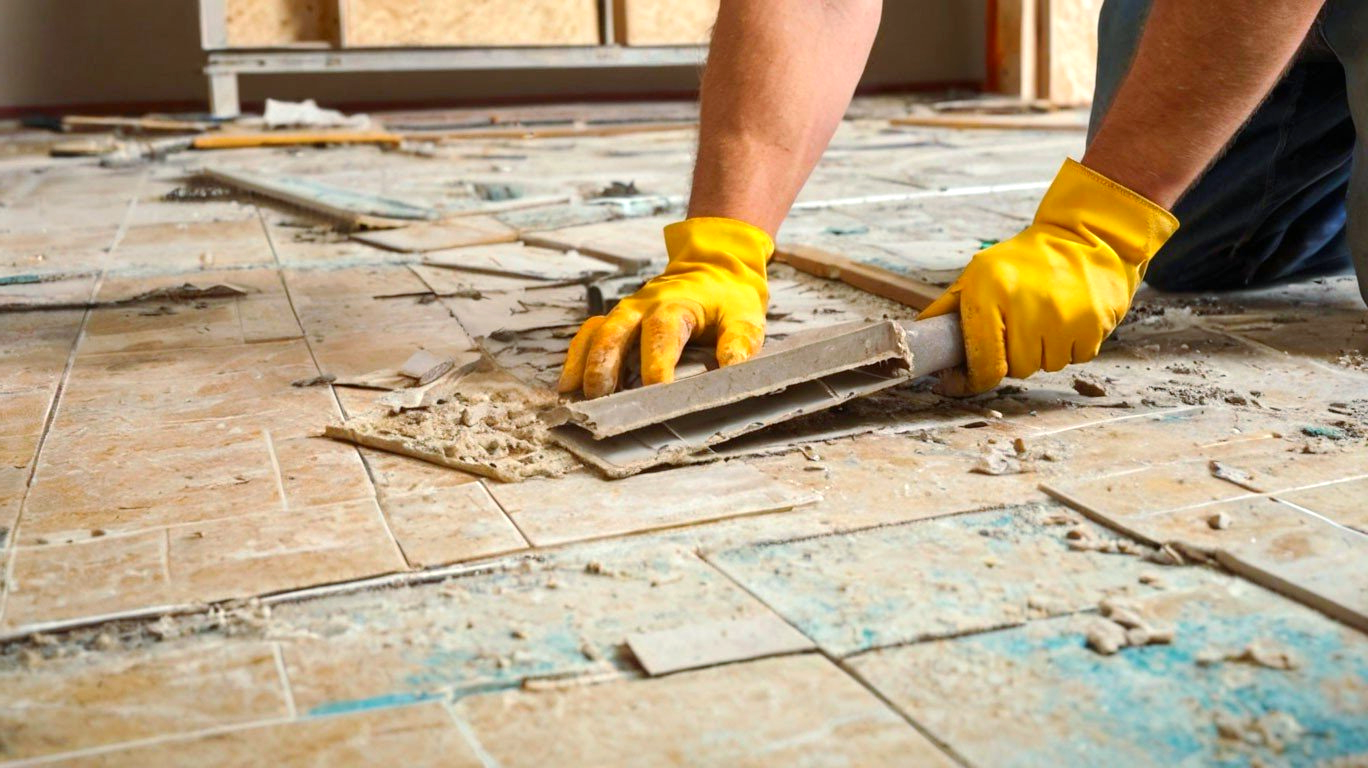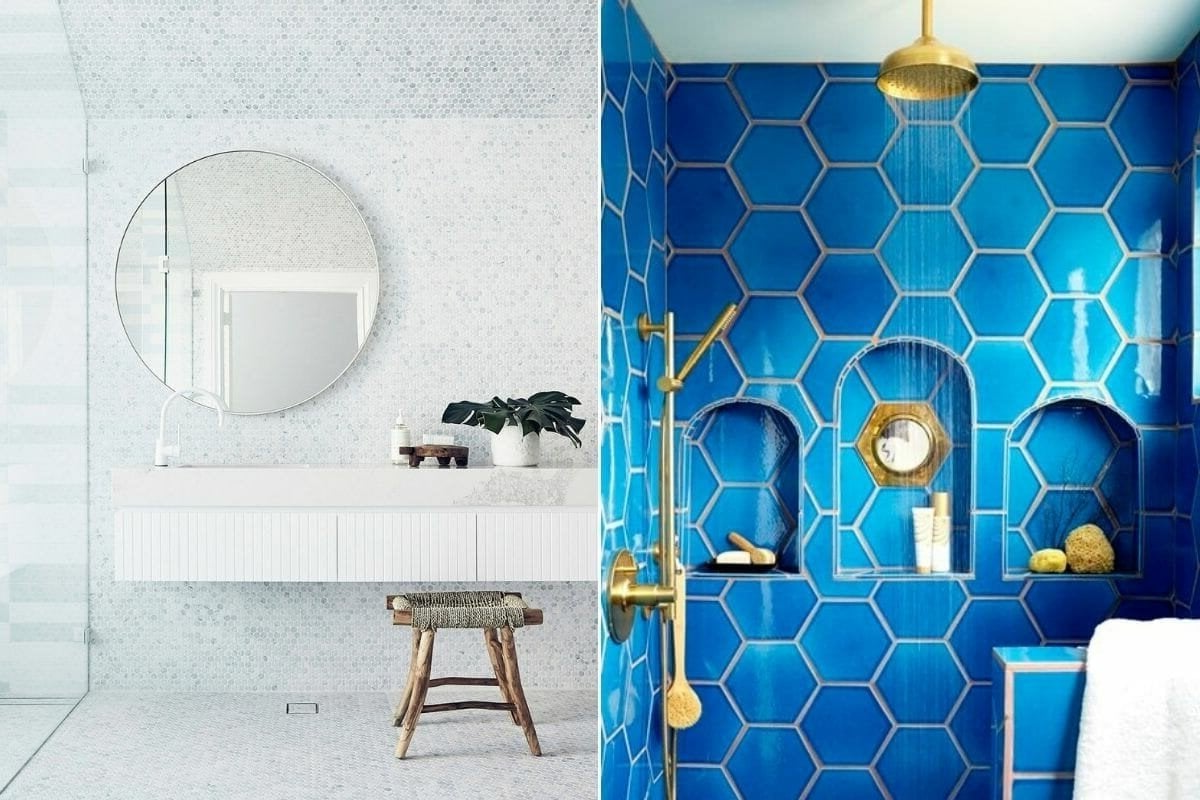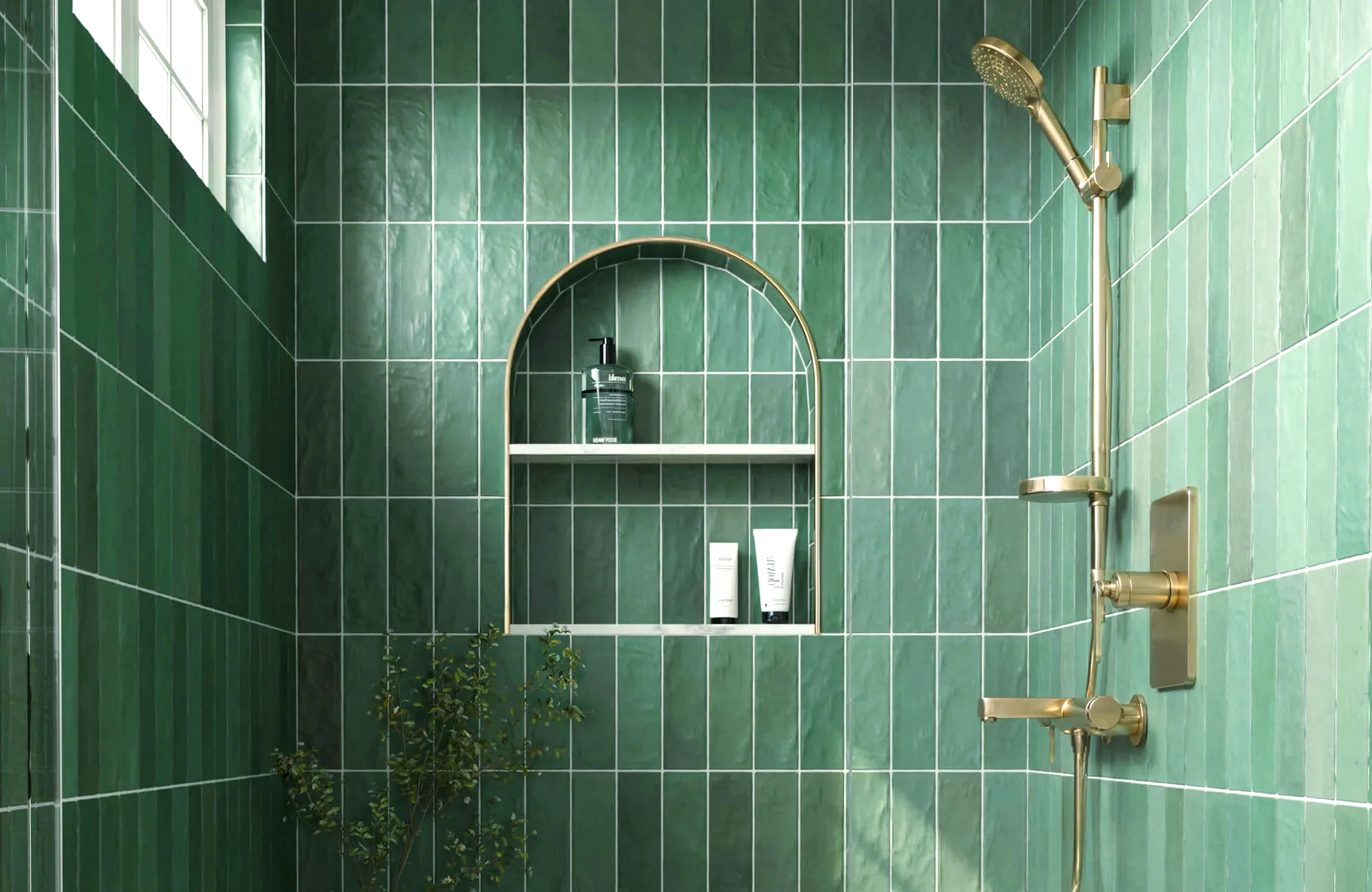How Do I Know if My Tile Job is Good?
Expert Quality Tips from Sydney's Leading Tilers
A well-executed tile installation can transform any space, yet many homeowners struggle to determine if their tiling meets professional standards. A quality tile job features even spacing between tiles, consistent grout lines, and a perfectly level surface without lippage or uneven edges.
At Sydney Tiling Specialists, we take pride in delivering superior craftsmanship that stands the test of time. Our expertise spans residential and commercial projects across Sydney, where we've established ourselves as trusted professionals in the tiling industry.
Professional tiling requires precision, attention to detail, and years of experience to achieve flawless results. We'll guide you through the essential elements that distinguish exceptional tilework from subpar installations.
Key Takeaways
- Professional tile installations should have uniform spacing, straight grout lines, and zero lippage
- Quality tiling work remains stable and crack-free with proper substrate preparation
- Expert installers use industry-standard techniques and materials for long-lasting results

Key Indicators of a High-Quality Tile Job
A professional tile installation follows strict quality standards and exhibits clear signs of expert craftsmanship. These indicators help property owners evaluate the work and ensure they've received a superior result.
Precise Tile Alignment and Consistent Grout Lines
Properly aligned tiles create visually appealing patterns with perfectly straight lines. The spacing between tiles should maintain uniform width throughout the entire installation. We look for grout lines that run parallel to walls and adjacent surfaces. The recommended grout line width typically ranges from 2mm to 3mm for wall tiles and 3mm to 6mm for floor tiles.
Corners and transitions must align precisely where tiles meet other surfaces or architectural elements. Wall tiles should line up with window sills and doorframes. Pattern consistency is crucial, especially with geometric or patterned tiles. Each tile should flow seamlessly into the next, maintaining the design's integrity.
Even Surface and Tile Levelness
A flat, level surface is essential for both safety and aesthetics. We use a spirit level to check that tiles sit flush with each other, with no lippage exceeding 1mm. Water should not pool anywhere on tiled floors. A proper slope of approximately 1:100 towards floor wastes ensures efficient drainage in wet areas.
Professional installers use tile levelling systems to prevent uneven surfaces. These systems help maintain consistent height between adjacent tiles during installation.
Secure Tile Adhesion and Soundness
A hollow sound when tapped indicates poor adhesion. Well-installed tiles produce a solid sound when knocked with a hard object. The adhesive coverage should meet Australian standards - minimum 80% for dry areas and 95% for wet areas. We verify this through spot-checking removed tiles during installation.
Expansion joints must be present at wall-floor junctions and around fixed elements. These prevent cracking and allow for natural building movement.
Clean Workmanship and Professional Finish
Grout lines should be clean, smooth, and consistent in colour. No adhesive residue should be visible on tile surfaces or in grout joints. Edge trims and corner pieces must be neatly installed with clean, precise cuts. We ensure all cut edges face walls or are hidden beneath skirting boards.
Silicone sealant applications around fixtures and edges should be smooth and even. The sealant must fully fill gaps without excess material on surrounding surfaces.
Sydney Tiling Specialists' Quality Assurance Process
Our rigorous quality control measures and proven methodologies ensure exceptional tiling results for every project we undertake in Sydney's diverse residential and commercial spaces.
Pre-Installation Planning and Inspection
Our experienced team begins with a thorough assessment of the installation site. We measure moisture levels, check subfloor conditions, and identify any structural concerns that could affect tile placement. We create detailed layout plans that account for room dimensions, entrances, and focal points to minimise waste and achieve optimal visual appeal.
Environmental factors specific to Sydney's climate are carefully considered, including temperature variations and humidity levels that might impact installation.
A comprehensive checklist guides our preparation process:
- Surface levelness verification
- Waterproofing requirements assessment
- Expansion joint placement planning
- Drainage slope calculations where needed
Expert Material Selection for Sydney Conditions
We select materials that meet Australian Standards and suit Sydney's unique environmental conditions. Our tile choices account for both aesthetic preferences and practical requirements.
Different areas demand specific tile characteristics:
- Indoor living spaces: Slip resistance ratings of P1-P2
- Outdoor areas: P4-P5 ratings for wet conditions
- Pool surrounds: Salt-resistant materials
- High-traffic zones: Wear-resistant porcelain
We source materials from trusted Australian suppliers who provide quality certifications for their products.
Post-Installation Checks and Customer Satisfaction
Our quality assurance checklist includes precise measurements of tile spacing and levelness. We verify grout consistency and joint alignment across all surfaces.
Key inspection points we examine:
- Lippage tolerance within 1mm
- Even grout colour and depth
- Corner and edge finishing
- Proper sealant application
We conduct a detailed walk-through with clients, explaining maintenance requirements and addressing any concerns immediately. Independent testing is performed when required, particularly for commercial projects requiring specific compliance certificates.


